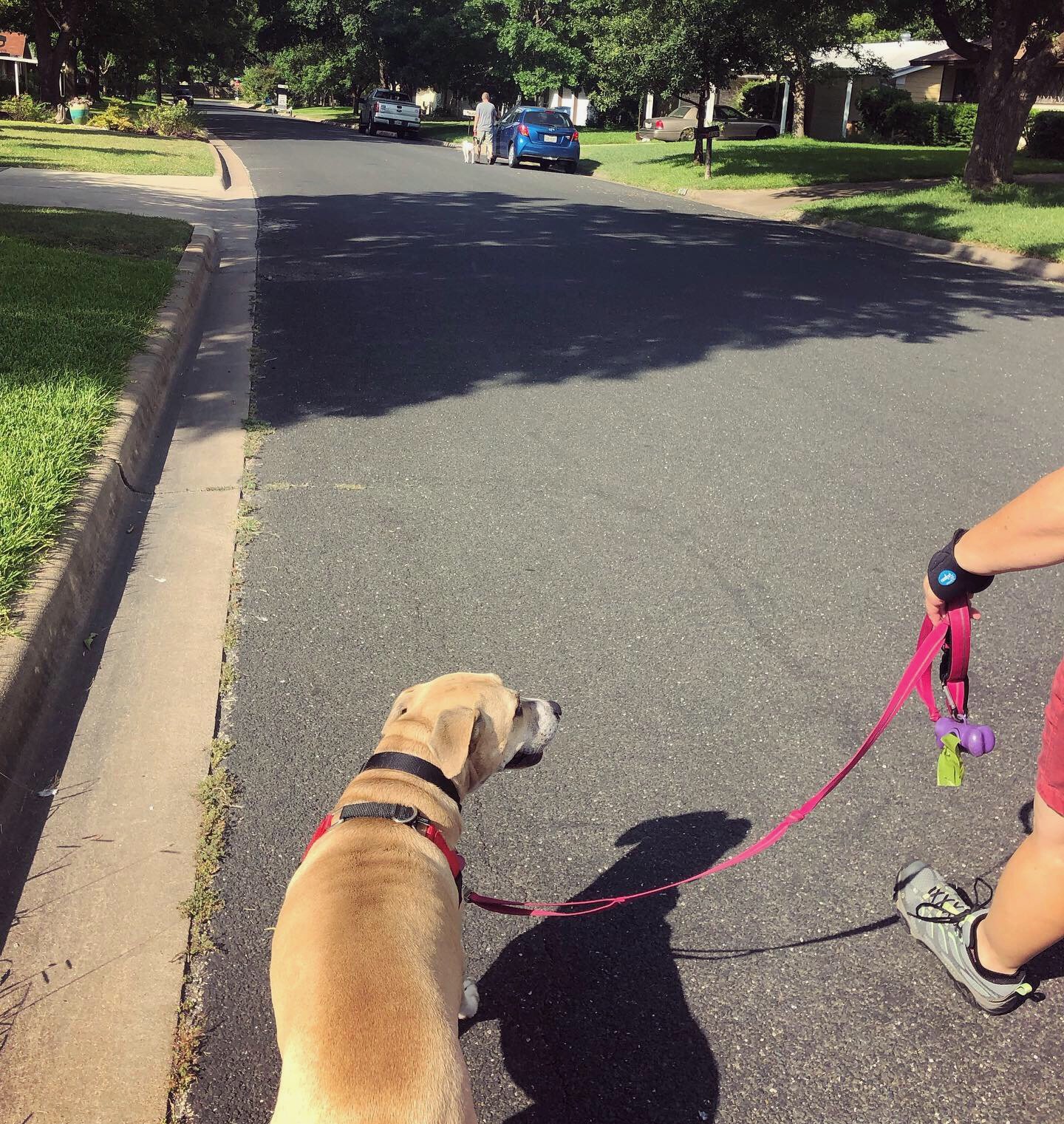The Ultimate Overview to Dog Training Charlotte: Techniques for Success
Unlock Your Pet dog's Potential: Proven Dog Training Approaches for Success
Efficient pet dog training is a nuanced process that hinges on recognizing canine actions and employing clinically backed approaches. By incorporating positive reinforcement, establishing clear commands, and focusing on socialization, pet proprietors can cultivate an effective connection with their animals.
Recognizing Pet Dog Behavior
Comprehending canine habits is essential for reliable training and fostering a favorable partnership between pet dogs and their proprietors. A thorough grasp of canine body movement, vocalizations, and social communications is vital for recognizing their demands and feelings. Canines interact mainly via non-verbal cues; for instance, a wagging tail may show excitement, while pinned ears can signal concern or submission.

Moreover, environmental variables play a considerable function fit a pet dog's habits. Modifications in routine, new environments, or the existence of strange individuals can bring about stress or stress and anxiety in canines. Identifying these triggers makes it possible for owners to mitigate unfavorable responses and develop suitable training strategies.
Eventually, a deep understanding of dog behavior lays the foundation for effective training techniques, enhancing both actions and the total bond in between the pet and its proprietor. dog training charlotte. This knowledge is important for fostering a well-adjusted, satisfied canine friend
Positive Reinforcement Methods
Reliable training relies greatly on positive reinforcement methods, which have been shown to generate substantial results in shaping desired behaviors in pets. This technique involves rewarding a pet for exhibiting details habits, thus boosting the chance that these actions will be repeated. Rewards can take various types, consisting of deals with, appreciation, toys, or playtime, relying on what encourages the private pet.

It is necessary to gradually phase out incentives as the canine learns the behavior, transitioning to recurring support. This technique maintains the actions gradually while avoiding dependency on consistent benefits. By concentrating on positive support, instructors can cultivate a relying on connection with their pets, promoting a healthy and balanced and participating training environment that improves total obedience and efficiency.
Establishing Consistent Commands
An essential element of effective canine training is the establishment of regular commands. Consistency in commands is critical for efficient communication in between the fitness instructor and the pet dog. When commands are uniform, pets discover to link particular words with wanted habits, which increases the training process and boosts understanding.
To establish constant commands, it is crucial that all relative make use of the same terms and motions. For instance, if one individual uses "sit" while one more claims "rest down," it can create complication for the pet dog. Select clear, unique words for commands and ensure everybody associated with the dog's training abides by these options.
Reinforce commands through frequent practice, ensuring that the canine receives sufficient chances to react appropriately. When a pet efficiently adheres to a command, prompt favorable support must comply with.
Finally, hold your horses. Establishing regular commands takes time and initiative. With devotion and quality, you will certainly assist your pet dog establish a strong understanding of expectations, ultimately resulting in a mannerly buddy.
Socialization and Exposure
Interacting socially a canine is vital for promoting a well-adjusted and confident friend. This process involves revealing your pet dog to a range of environments, individuals, and various other pets to create their social skills and versatility. Early socialization, ideally between the ages of 3 to fourteen weeks, is essential, as it lays the groundwork for a dog's future actions.
Throughout socializing, objective to offer favorable experiences in various setups, such as parks, busy roads, and homes Go Here with various other pet dogs. Present your dog to various stimuli, consisting of noises, sights, and scents, guaranteeing that each encounter is rewarding. This exposure aids alleviate concern and anxiety, leading the way for an directory extra resistant canine.
Involving in regulated team play sessions with other dogs can likewise improve social abilities, teaching your animal suitable communications and limits. Prioritizing socializing will significantly add to your pet's total joy and actions throughout their life.
Overcoming Common Training Challenges

Pet dogs might struggle to focus in active or unknown setups. Gradually desensitize your pet to disturbances by beginning training in a quiet atmosphere and slowly presenting even more stimuli as they become competent.
Additionally, behavior problems like leaping or excessive barking can come to be discouraging. Address these by educating different habits, such as sitting smoothly when greeting visitors. Consistency and patience are essential; reinforce wanted behaviors constantly and prevent scolding, which can result in complication.
Lastly, identify that each pet is unique, and training timelines may differ. Tailor your method to your pet's private demands, and seek expert advice if needed. With perseverance and the appropriate approaches, conquering these difficulties can bring about a trained, happy canine companion.
Verdict
Finally, opening a dog's possible requires a detailed strategy that incorporates an understanding visit this site of canine behavior, the application of favorable reinforcement strategies, and the establishment of consistent commands. Early socialization and direct exposure to diverse environments additionally enhance a dog's adaptability and self-confidence. By attending to usual training obstacles with customized techniques and perseverance, a unified and participating connection between canine and handler can be cultivated, inevitably causing a well-behaved companion capable of growing in numerous circumstances.
Reliable pet dog training is a nuanced procedure that hinges on comprehending canine actions and using clinically backed methods.Comprehending canine behavior is crucial for effective training and promoting a positive relationship in between pet dogs and their owners.Efficient training counts greatly on positive support techniques, which have actually been shown to produce considerable results in shaping wanted habits in pets. When commands are uniform, pet dogs discover to associate particular words with desired actions, which increases the training process and boosts understanding.
In final thought, unlocking a pet dog's prospective necessitates a comprehensive technique that incorporates an understanding of canine actions, the application of positive reinforcement methods, and the establishment of consistent commands.